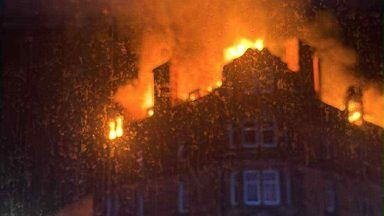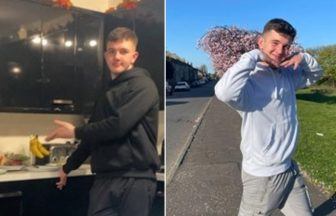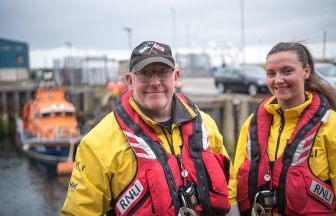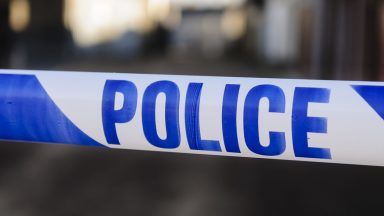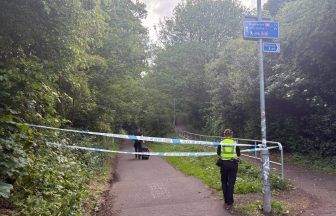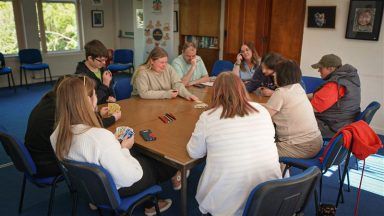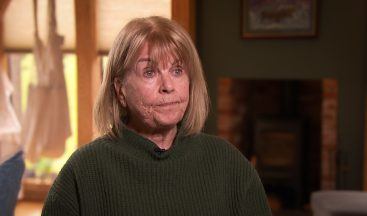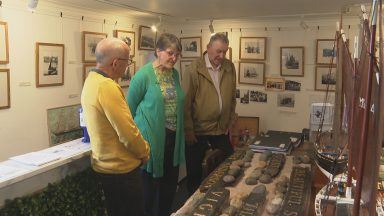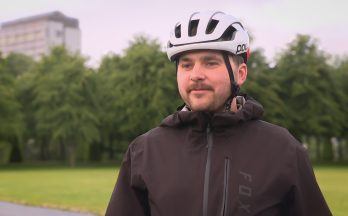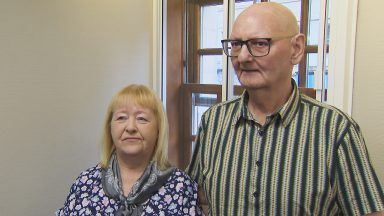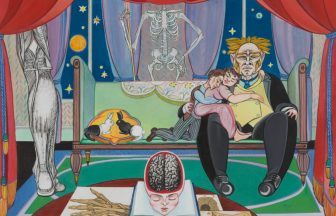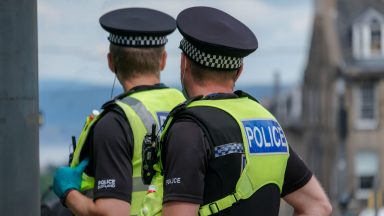The number of suspected drug deaths in Scotland is falling despite hospital admissions going up, figures have revealed.
Statistics released by Public Health Scotland on Tuesday show there were 225 suspected drug deaths between June and August this year.
That is 10% lower than the previous quarter and 25% lower than in 2023.
But the latest Rapid Action Drug Alerts and Response (Radar) report also shows the number of hospital admissions is rising.
Drug-related hospital admissions were 5% higher this summer compared with 2023, but 12% lower than in 2023.
Emergency department admissions were also rising but at a slower rate with around a 3% rise compared with the three months up to the end of May.
The figure was 19% lower than the same time in 2023.
The total number of incidents involving paramedics using naloxone administrations also rose by 7%. That number is 20% lower than in 2023.
Despite the rise, the number of drug treatment referrals decreased by 10% between May and August when compared with the same time last year.
The Radar report found that multiple drug use continues to drive the majority of harms, with high-risk combinations frequently involving cocaine, gabapentinoids, benzodiazepines and opioids.
Synthetic drugs such as potent nitazene-type opioids and xylazine are rising while cocaine continues to be the most common substance in post-mortem toxicology.
Figures released in August showed that the number of people who died from drug misuse in 2023 increased by 12% to 1,172.
Despite the sharp increase, it is the second-lowest number of drug deaths since 2017, although the numbers remain more than double pre-2014 levels.
Scottish Labour health spokeswoman Jackie Baillie said: “It’s clear that far too many lives are still being destroyed and even lost to drugs in Scotland.
“While any progress reducing drug deaths is welcome, more must be done to not just save lives but get people the long-term support they need.
“There is absolutely no room for complacency when it comes to tackling a public health emergency of this scale.
“The SNP must start acting with the urgency needed to deliver comprehensive, joined-up treatments needed to save lives and enable recovery.”
Health Secretary Neil Gray said: “My condolences go to all those who have lost a loved one.
“Through our £250 million national mission on drugs we’re taking a wide range of actions, including opening the UK’s first Safer Drug Consumption Facility pilot, working towards the opening of drug-checking facilities which would enable us to respond faster to emerging drug trends and widening access to residential rehab and life-saving naloxone.
“We’ve maintained a record £112 million to local alcohol and drug partnerships for treatment and support services and, in addition, national mission funds have now backed more than 300 grassroots organisations and projects, helping to support more than 33,000 people.
“We’re also working hard to respond to the growing threat from super-strong synthetic opioids like nitazenes in an increasingly toxic and unpredictable drug supply.
“Such synthetics increase the risk of overdose, hospitalisation and death and are being found in a range of substances.
“Because of their strength I would urge people to carry extra life-saving naloxone kits.”
Follow STV News on WhatsApp
Scan the QR code on your mobile device for all the latest news from around the country


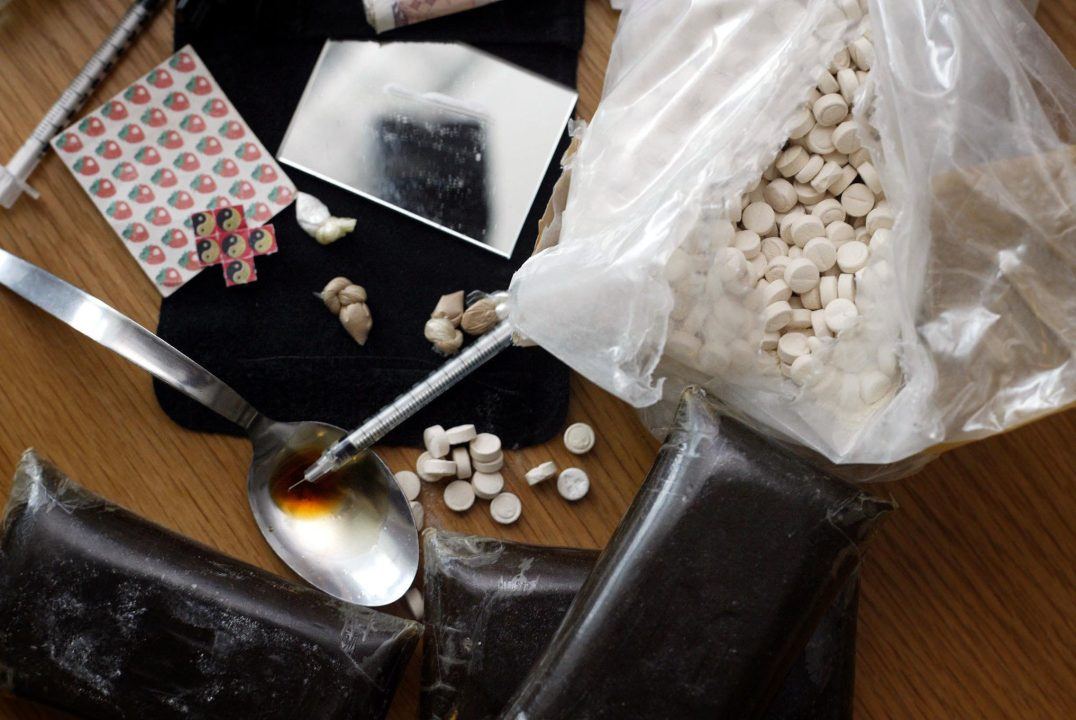 PA Media
PA Media